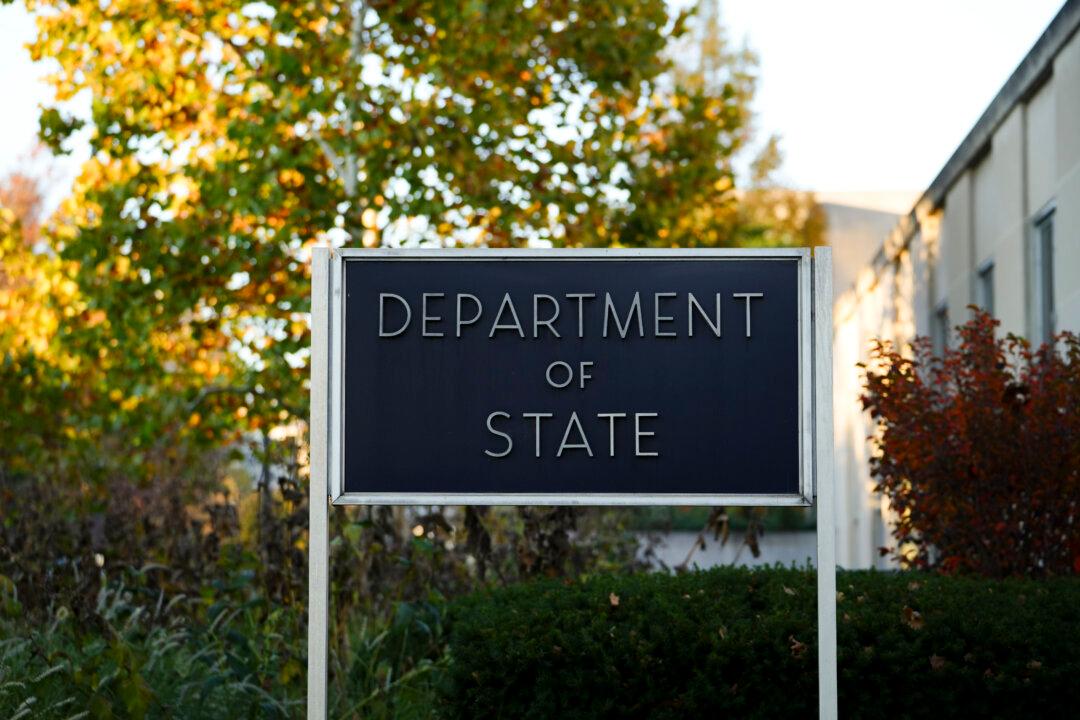Washington has criticized “irresponsible” warnings by Moscow that Russian forces would respond—in kind—to the planned deployment of long-range U.S. missile systems to Germany.
Russian President Vladimir Putin said this week that Moscow would deploy novel “strike systems”—presumably aimed at Western targets—in response to the planned U.S. missile deployments, which are set to begin in 2026.





